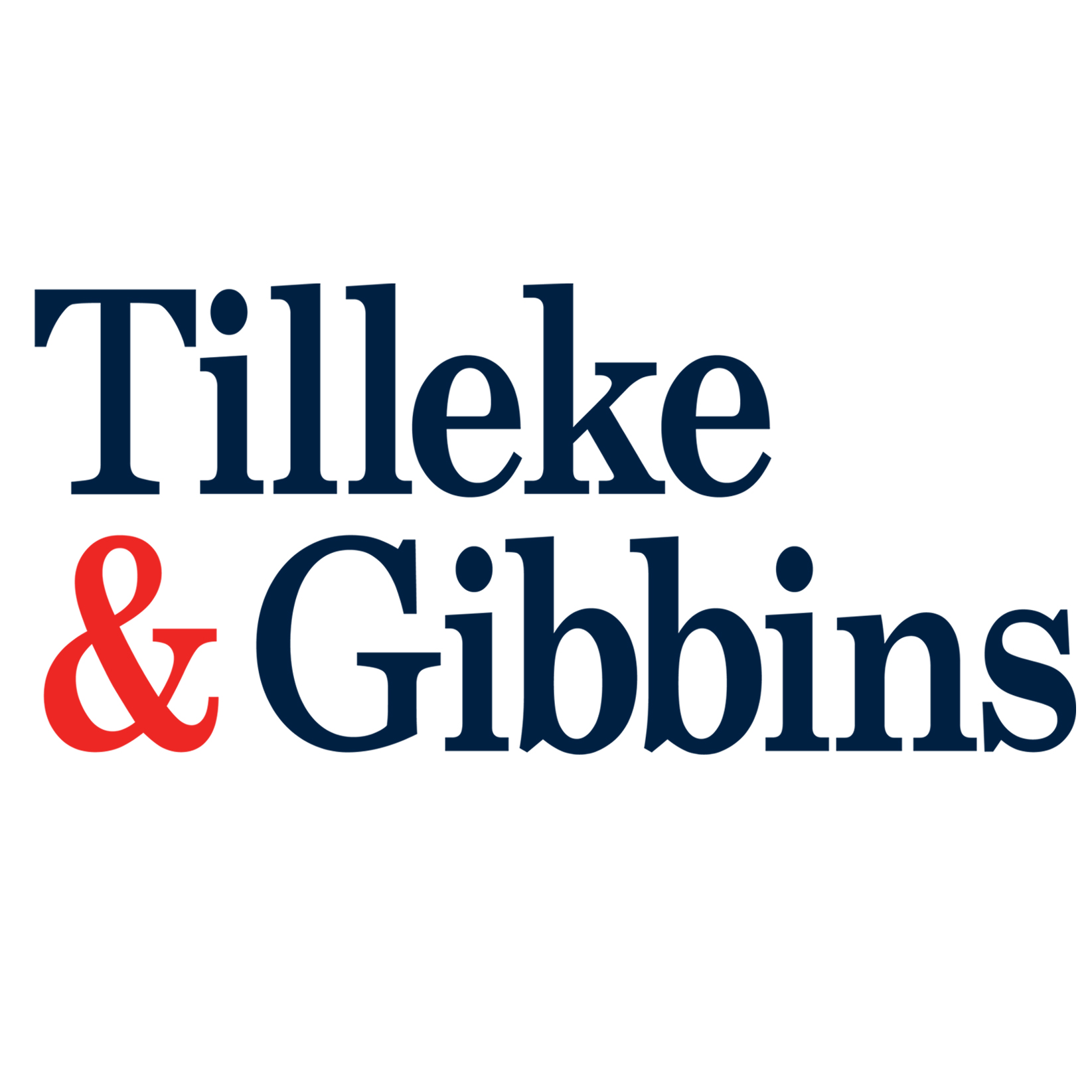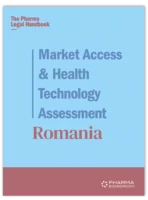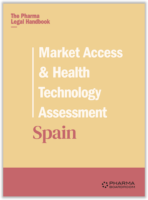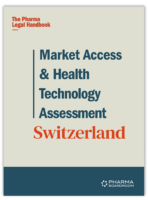Regulatory, Pricing and Reimbursement Overview
Tilleke & Gibbins / Vietnam
- What are the regulatory authorities with jurisdiction over drugs, biologicals, and medical devices in your country?
In Vietnam, pharmaceutical products (including drugs and biologicals) and medical devices are under the overall management of the Ministry of Health (www.moh.gov.vn). The Ministry of Health (“MOH”) is organized into a number of divisions, in which the Drug Administration of Vietnam (https://dav.gov.vn) (“DAV”) has the overall responsibility for pharmaceutical products and the Infrastructure and Medical Device Administration (https://imda.moh.gov.vn) (“IMDA”) and provincial Departments of Health monitor the manufacturing, registration and trading of medical devices.
- What is the regulatory framework for the authorization, pricing, and reimbursement of drugs, biologicals, and medical devices?
The primary legislation for pharmaceuticals in Vietnam is the Law No. 105/2016/QH13 on Pharmacy (the “Law on Pharmacy”), which was issued on 6 April 2016 and took effect on 1 January 2017, replacing the previous Law on Pharmacy of 2005.
Subordinate legislation includes Decree No. 54/2017/ND-CP guiding the implementation of the Law on Pharmacy, which was issued on 8 May 2017 and took effect on 1 July 2017, as amended by Decree No. 155/2018/ND-CP dated 12 November 2018, Decree No. 88/2023/ND-CP, dạted 11 December 2023, and Decree No. 85/2024/ND-CP dated 10 July 2024. These decrees focus on drug import/export, pharmaceutical business, pharmacy practice certificates, drug recall, drug advertisement and drug price management.
Further regulations on other matters such as labelling and package inserts, drug quality, clinical trials of drugs and marketing authorization (“MA”) are regulated by the MOH in its ministerial circulars. In particular, the marketing authorization of drugs follows Circular No. 08/2022/TT-BYT of the MOH dated 5 September 2022 on registration of drugs and medicinal ingredients (“Circular 08”).
The management of medical devices is currently regulated by the following legislation:
- Decree No. 98/2021/ND-CP of the government dated 8 November 2021 on medical device management (“Decree 98”), as amended by Decree No. 07/2023/ND-CP dated 3 March 2023.
- Circular No. 47/2010/TT-BYT of the MOH dated 29 December 2010 guiding the export and import of medicines and packaging in direct contact with medicines;
- Circular No. 19/2021/TT/BYT of the MOH dated 16 November 2021 stipulating forms and reports for implementation of Decree 98, as amended by Circular No. 10/2023/TT-BYT dated 11 May 2023; and
- Circular No. 05/2022/TT/BYT of the MOH dated 1 August 2022 detailing some articles of Decree 98.
Medicinal product pricing in Vietnam is based on the policy that medicinal product manufacturers, exporters, importers, MA holders and wholesalers/distributors are free to set their own prices for their products, and compete on price, but are liable by law. Pharmaceutical establishments must declare the prices of their medicinal products to the local Department of Health (“DOH”).
- What are the steps to obtain authorization to develop, test, and market a product?
Generally, there are three steps to obtaining marketing authorization for a drug. First, a company established in Vietnam must obtain either a drug manufacturing license or a drug trading license from the DAV. After obtaining one of these licenses, the company can submit a request to manufacture or import samples for various purposes (such as clinical trials or research and development). For research purposes, the clinical trial protocol must be approved by the relevant ethics committee, then the company must engage a licensed clinical trial establishment to test the drug. Once those first two steps are complete, the company can apply for marketing authorization of the particular drug product.
- What are the approximate fees for each authorization?
The current government fees for authorization applications are as follows:
| Authorization type | Fee per application | |
| Drugs (new authorization) | VND 11 million | (approx. USD 440) |
| Drugs (renewal authorization) | VND 3 million | (approx. USD 120) |
| Medical devices (Class A) | VND 1 million | (approx. USD 40) |
| Medical devices (Class B) | VND 3 million | (approx. USD 120) |
| Medical devices (Class C and Class D) | VND 6 million | (approx. USD 240) |
- For how long are marketing authorizations/registrations valid? How are marketing authorizations/registrations renewed?
Generally, drug MAs have a maximum term of five years. In certain cases, such as the first authorization for a new drug, a new vaccine or where the safety and effectiveness report of the drug is not available or insufficient, the DAV will grant a marketing authorization with a three-year term. Within 12 months before the expiration date of the current marketing authorization, the MA holder may apply for an extension. By law, an extension to the current MA should be issued within three months from the receipt of a complete application dossier.
For medical devices, the registration numbers for all classes are valid indefinitely, except for registration numbers granted under the emergency registration procedure (such as for products for epidemic prevention and control, and overcoming the consequences of natural disasters and catastrophes).
- How does the authorization process differ between brand-name products and generic products? Are there differences for local manufacturers versus foreign-owned manufacturers?
The authorization process for the registration of brand-name products, i.e., “new modern drugs” as defined in the Law on Pharmacy, must include, among other things, pre-clinical and clinical documentation, while this documentation may not be required for generic products.
All drug manufacturers must obtain an Enterprise Registration Certificate, the Certificate of Eligibility for Pharmaceutical Business, and a GMP Certificate in order to manufacture drugs. Foreign-owned manufacturers located in Vietnam, additionally, must obtain an Investment Registration Certificate as a pre-condition for the above-mentioned certificates.
- How are combination products (drug + drug, drug + biologic, drug + device, biologic + device, drug + biologic + device) regulated?
At the moment, there are no official regulations on combination products in Vietnam. From a practical view, for a drug combination, the classification may be based on the product’s intended use; however, the DAV tends to classify them as drugs.
- How is compliance with regulation monitored and evaluated? Is the regulatory regime comparable with the U.S. Food and Drug Administration or the European Medicines Agency expectations and requirements?
Health inspectorates from provincial Departments of Health (“DOHs”) and the Health Inspectorate under the MOH are mainly responsible for monitoring compliance for all pharmaceutical-related activities (manufacturing, marketing, authorization, etc.). Their specific practices are not publicized; thus, it is unknown if the local regime is comparable to the expectations and requirements of the FDA or the EMA.
- What is the potential range of penalties for noncompliance?
Penalties imposed on pharmaceutical business entities for noncompliance are listed out in Decree 117/2020/ND-CP, as amended by Decree No. 124/2021/ND-CP. These penalties include suspension of import licenses, revocation of marketing authorization licenses, fines, and a recall of the violating products.
- Is there a national healthcare system? If so, how is it administered and funded?
Vietnam has a national healthcare system including central hospitals, provincial and district-level hospitals, and health centres at the district and commune level. The central hospitals are under the management of the MOH, while the other hospitals and health centres are under the management of the provincial DOHs.
Under the Law on Health Insurance No. 25/2008/QH12 (as amended in 2014), participation in health insurance is compulsory. The national healthcare system is funded by revenues generated from health insurance. However, only medicines, medical services and health procedures which are specifically indicated by the government are covered. Any others must be funded by the patients themselves.
- How does the government (or public) healthcare system function with private sector healthcare?
The provincial Social Insurance Authorities publish their respective lists of healthcare establishments that are eligible for registration of initial health examination and treatment, which can be amended from time to time. The lists include most public hospitals and a number of healthcare establishments in the private sector (private hospitals). Patients who undergo health examinations at these establishments are covered for the examination and treatment expenses with the appropriate ratio.
If a patient uses the services of a healthcare establishment that is not in the respective eligibility list, their expenses are not covered by the Health Insurance Fund. They can cover the expenses either by themselves or with private insurance.
- Are prices of drugs and devices regulated and, if so, how?
Drugs
Under the Law on Prices dated 19 June 2023 and Official Letter No. 4448/BYT-QLD dated 1 August 2024, before the first lot of a drug is circulated in Vietnam, or when there is a change in the declared price, it is required for the organization trading the drug (who has the right to decide on prices and is included in the list of organizations responsible for price declaration) to notify the Department of Health of the actual wholesale price and retail price for the drug.
Drugs that are subject to price declaration are included in the list of essential drugs used at disease examination and treatment facilities.
Medical devices
Organizations and individuals manufacturing and trading in medical devices must declare prices. The content of declaration and procedures for declaring prices of medical devices must comply with the provisions of the Law on Prices.
Based on the actual situation and when there are unusual fluctuations in prices affecting the supply of medical devices, the ability to pay of buyers, or the ability to pay of the Health Insurance Fund, the MOH will issue, update, amend, and supplement the list and provide guidance on information on medical devices that are subject to price declaration.
Organizations and individuals manufacturing and trading in medical devices must declare prices of medical devices to the MOH.
- How are drugs and devices used by patients paid for? What roles do public and private payers play?
Government payers:
The government issues lists of drugs and medical devices that are covered by government health insurance. Such lists apply to private and government health establishments that have signed contracts with health insurance institutions. Reimbursement for drugs and devices is only available for those included in the lists and prescribed appropriately by healthcare professionals.
Private payers:
Private health insurance providers are free to decide how they apply the procedure for reimbursement for drugs and devices.
- Who dispenses drugs and devices to patients and how are those dispensers compensated?
Licensed healthcare professionals are permitted to prescribe drugs to patients. Following such prescription, patients can purchase the drugs at licensed drug retailers such as drugstores, including drugstores in hospitals. If the drugs or devices are covered by the Health Insurance Fund, the fund will reimburse the retailers.
- What are the professional and legal responsibilities of those who dispense drugs and devices? What role do they play in providing patient care, information, and safety?
Drug retailers must specify a person in charge of pharmacy expertise, who must be present during the working hours of the retail establishment and may only authorize someone with a pharmacy practice certificate (i.e., a licensed pharmacist) to take charge in his/her absence. A pharmacist can only be the person in charge of pharmacy expertise for one drug retail establishment.
Pharmacists must complete a training program and refresher program in pharmacy within three years from the issuance date of their pharmacy practice certificate or the issuance date of the latest certificate of completion of training program and refresher program in pharmacy. The pharmacist-in-charge of a drugstore may replace drugs in a prescription with other drugs that have the same active ingredients, usage, and dosage upon consent of the customer, and is responsible for such replacement. The pharmacist-in-charge of a drugstore needs to provide drug information to the customer, consult the customer when he/she finds the prescription not appropriate, and monitor the adverse effects of the drugs sold.
There are no specific regulations on dispensers of class-A medical devices. Dispensers of medical devices of classes B, C and D must have at least one person with a college degree (or higher) in a technical, medical or pharmacy discipline. Most drugstores sell both medicines and a number of medical devices.



































































